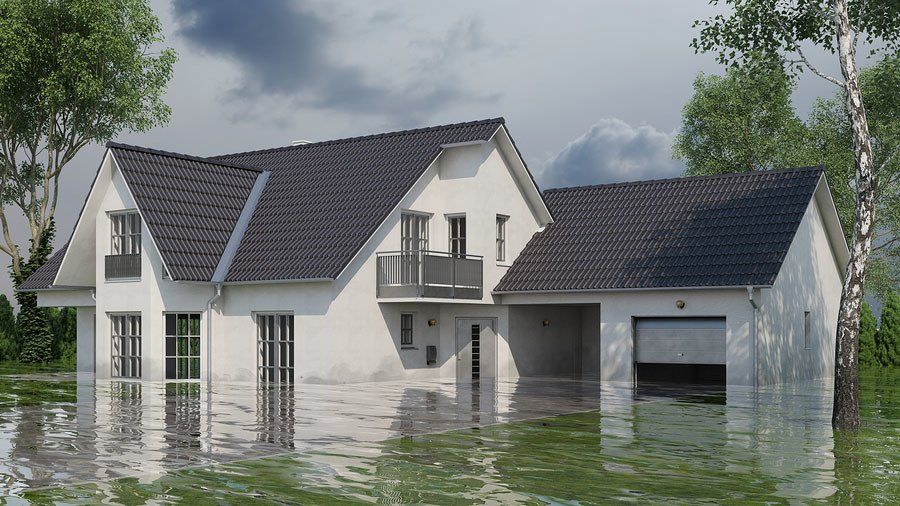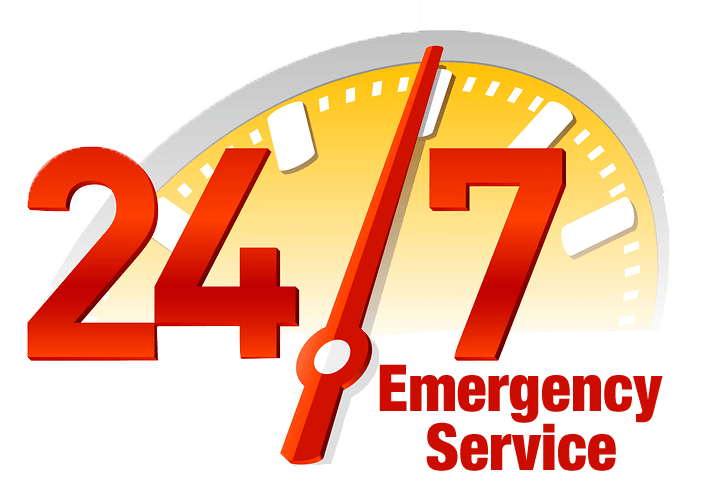How will a flood affect my HVAC system?
Hurricanes and heavy rain resulting in flooding and mud slides can render your system useless. HVAC systems aren’t designed to operate in or underwater or encased in mud.
We had a flood; is it safe to run my HVAC system?
It isn’t always obvious that a system has been flooded. Your outdoor unit might look the same as before a flood but there’s a chance it won’t work or there could be safety issues. Before running your HVAC system, we recommend having it inspected by a qualified technician.
What is a flood’s potential impact on my HVAC equipment?
Air conditioning systems and heat pumps have wiring running between the indoor and outdoor systems and there is a condenser coil and pipe through which refrigerant moves. So, if your unit was running during the flooding, electrical components could malfunction or short out through contact with water.
If you’ve experienced a flood and have seen the debris that moves with the water, just imagine what it will do to your equipment. If it’s exposed to debris, mud and such it may not run efficiently, require major repair or replacement.
If your home is flooded, what is the impact on your indoor HVAC equipment?
Damage may be difficult to see. Even though the outside of the equipment may appear to be clean and dry, the corrosion most likely will start inside of electrical components and controls. Corrosion can result in operational and reliability problems.
When in doubt, have the system checked by one of our professional HVAC technicians.
What are my options: should I repair or replace my system?
Because HVAC systems are not designed to operate underwater, many of the heating and cooling components could be damaged. A better option may be to replace the system.
If your unit was exposed to a small amount of water, chances are it could be repaired. A Tri-County Aire technician can determine whether a heating and cooling system should be repaired or replaced.
Should I worry about the ductwork?
If flood water has reached your ductwork, it should be replaced. Decontaminating ductwork exposed to flood water is a difficult process because flood water is often contaminated with pathogens from sewage, animal waste and other debris.
What will a licensed professional HVAC technician do after a flood?
Once the flood waters have receded, it will be time to request an inspection by one Tri-County Aire's certified HVAC technicians.
A technician will need to know the depth of water that flooded your home and how long the equipment was underwater. He’ll also want to know if your equipment was running during the flood event. Based on the information provided, he will inspect and make recommendations for repairing or replacing your equipment.
Typical steps include:
- Inspect heating and cooling electrical components
- Remove flood-residue from coils
- Check all connections (indoor and outdoor units) and control circuits
- Clean, dry and disinfect refrigerant system if not damaged
- If there is a gas system, check gas valves and ductwork
- Identify components that need repair
- Or, recommend a system replacement



